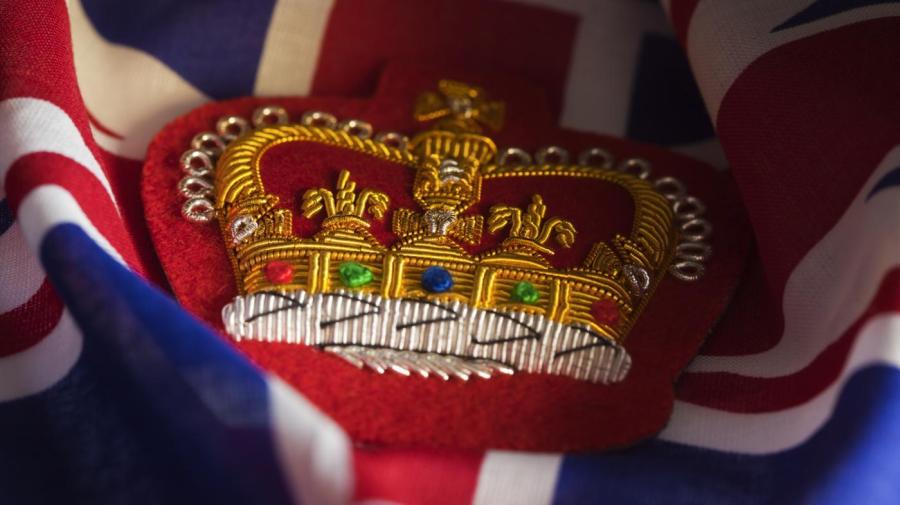The Government of England: Constitutional Monarchy

The government of England, as part of the United Kingdom, is a constitutional monarchy. This type of governmental structure allows the monarchy to share power with an organized government.
Three Different Parts The three different parts of a constitutional monarchy include the Crown, Parliament, and Government. This system of government covers nearly all o the United Kingdom, which is compromised of England, Wales, Scotland and Northern Ireland. The Crown is the head of the state and each area of the United Kingdom has their own Parliament as well as some type of Government in place. Wales, Scotland and Northern Ireland have their own version of government in place, known as a devolved government.
The Crown The Crown, which is another name for the monarchy, is the head of the United Kingdom and the oldest part of the constitutional monarchy. The branches of Parliament and Government have reduced the authority of the Crown to a mostly symbolic entity. The Crown does have a few important duties to perform, such as The Queen’s Speech to Parliament and Royal Assent
The Queen’s speech, written entirely by the government, is delivered to Parliament’s House of Lords. This speech tells Parliament of the government’s new ideas, new policy, and new legislation.
Royal Assent is the term for when a bill becomes a law, also known as an Act of Parliament. This occurs when a bill is approved by the House of Commons and then formally agreed upon in the House of Lords.
Parliament The two sections of Parliament are the House of Commons and the House of Lords. The House of Commons is the lower house and comprised of elected officials whereas the House of Lords is the upper house and comprised of appointed members, many are appointed for life.
Parliament has a specific job to complete in representing the interest of the people. They monitor the Government to ensure that everything is running smooth, they debate important issues and pass laws. Parliament also has the responsibility for holding the Government accountable. For example, the Government cannot enact new laws or raises taxes without Parliament’s approval.
Government This branch of the United Kingdom’s constitutional monarchy also has an important role to play. Whenever Parliament passes a law it is enacted by the Government. Appointed ministers oversee different departments that manage all of the day-to-day business such as the police, armed forces, Civil Service and the National Health Service. Some of these departments do not cover the entire United Kingdom and other places have a devolved government.
A devolved government has limited authority but still manages several of the important services such as healthcare, education, and other domestic issues. Wales, Scotland and Northern Ireland all have their own version of Parliament and a government to oversee their areas.
How it Fits Together These three different parts of a constitutional monarchy all work together in the best interest of the people and the country. The Crown, Parliament, and the Government are all different entities in the United Kingdom and they all complete different duties. Parliament passes and debates policy, the Government oversees the daily operations of the policy and the Crown notifies Parliament of the Government’s idea on new policy.





